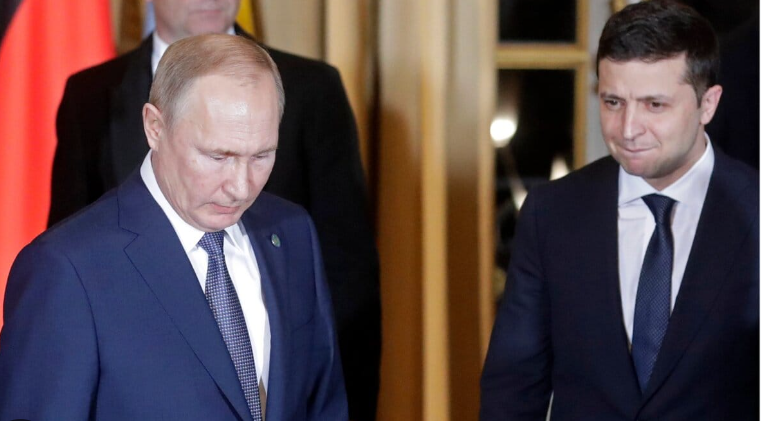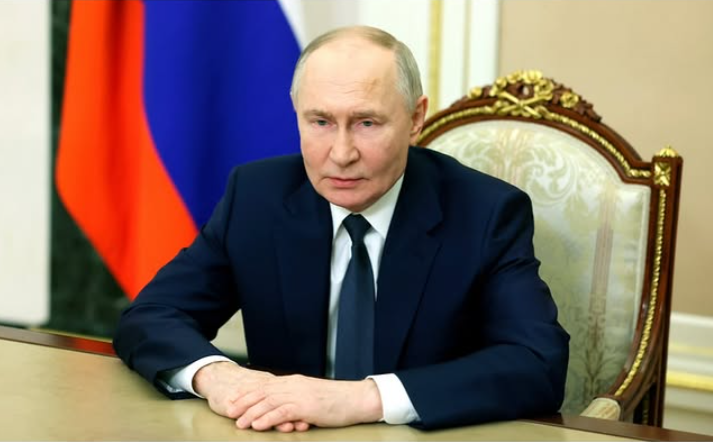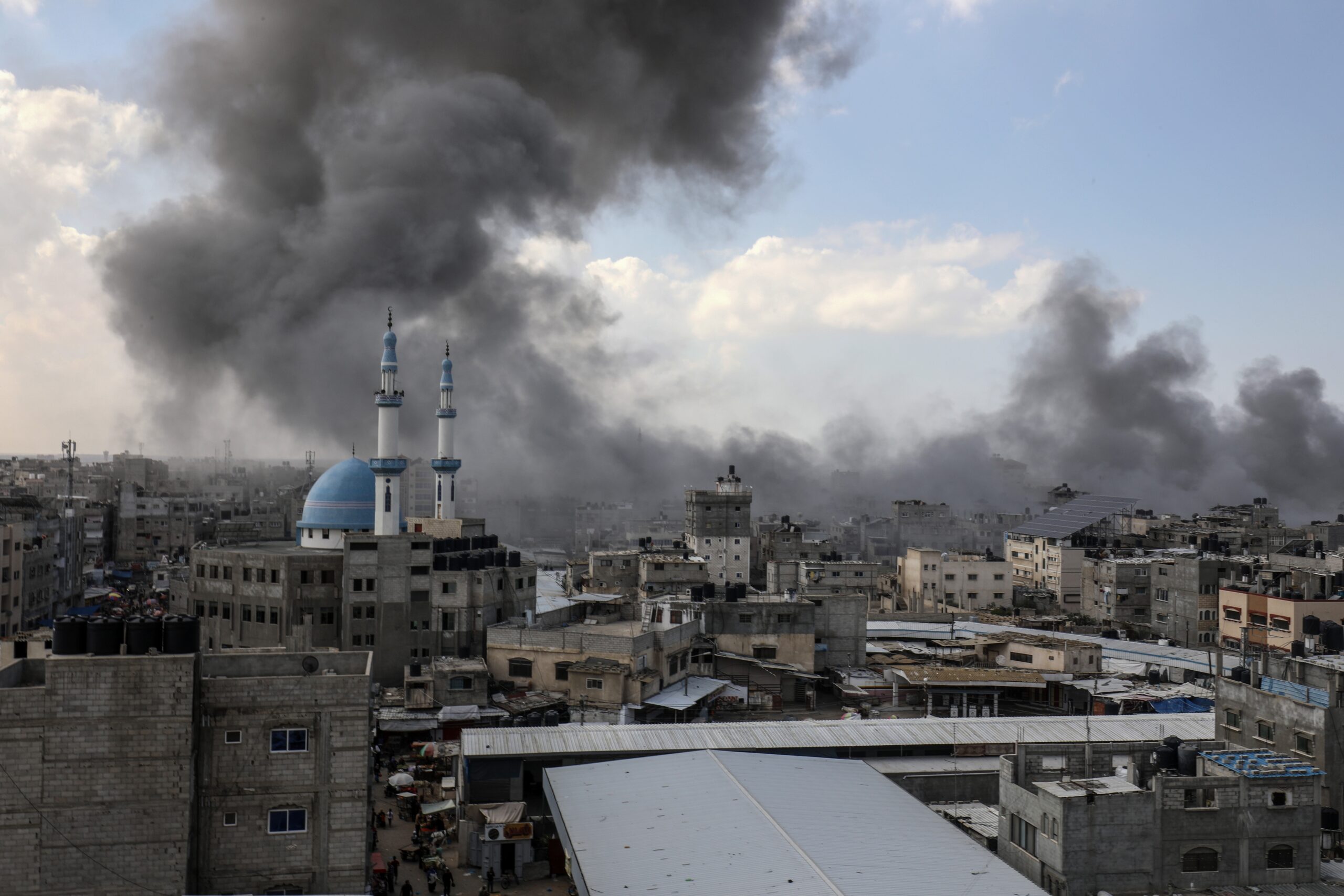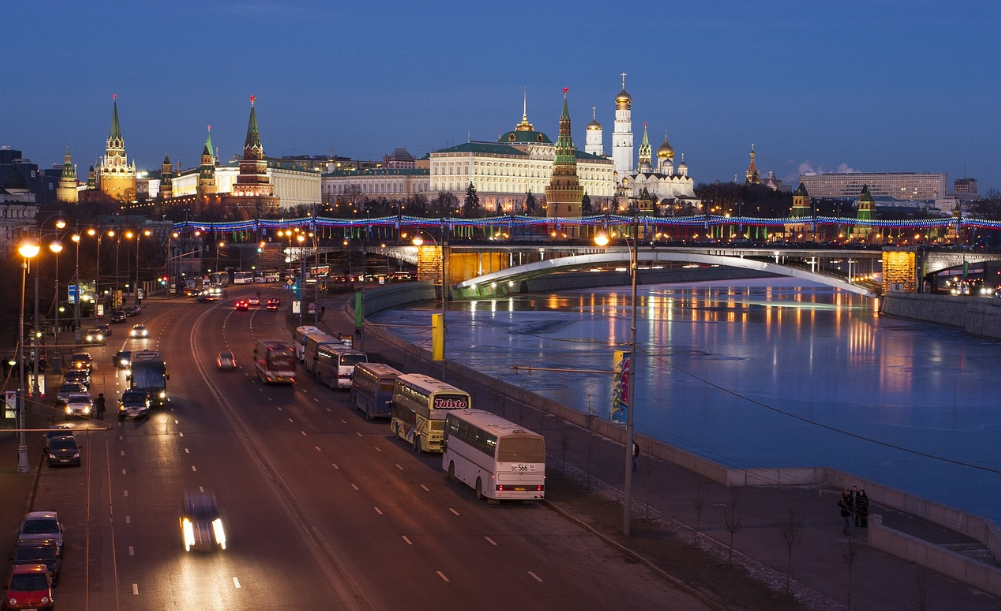[ad_1]
BEIRUT (Reuters) – U.S.-led warplanes on Wednesday blocked a convoy of Islamic State fighters and their families from reaching territory the group holds in eastern Syria and struck some of their comrades traveling to meet them, a coalition spokesman said.
The strikes were aimed at stopping an evacuation deal for Islamic State fighters to leave their enclave on the Lebanon-Syria border for areas they hold in eastern Syria, arranged by the Lebanese Hezbollah group and the Syrian army.
It was part of a ceasefire agreed after offensives last week by the Lebanese army on one front, and the Syrian army and Hezbollah on another, that pushed Islamic State back into a small part of its enclave straddling the frontier.
The deal has been criticized by the coalition and by Iraq, whose army is also fighting Islamic State in areas contiguous with the eastern Syria region to which the convoy was headed.
The convoy, carrying 308 militants and 331 civilians according to Hezbollah, is now effectively stranded, unable to move forward into Islamic State territory.
It shows how easily such evacuations to other areas, which the government of Syrian President Bashar al-Assad has increasingly used to push rebel pockets to surrender, can be derailed in a conflict with many sides.
A commander in the military alliance supporting Assad said the coalition had contacted the Syrian Arab Red Crescent, which is accompanying the convoy and warned that if it entered Islamic State territory, it might attack.
Islamic State is on the back foot in both Syria and Iraq, losing swathes of its territory and its most important towns and cities after taking advantage of chaos including the six-year civil war in Syria to win ground.
In Syria, the U.S.-led coalition is backing an alliance of Kurdish and Arab militias in the north which are assaulting the jihadist group’s former de facto capital of Raqqa.
The Russian-backed Syrian army and allied Shi’ite militia from Iraq and Lebanon including Hezbollah have this year seized most of the central desert from the group, and are advancing eastwards to relieve the army’s besieged enclave in Deir al-Zor.
The coalition strikes to block the convoy moving into Islamic State territory took place east of Humeima, near the edge of land held by the Syrian government, coalition spokesman Ryan Dillon told Reuters.
“We did crater the road and destroyed a small bridge to prevent this convoy from moving further east,” Dillon told Reuters by phone.
He later said the coalition had struck vehicles containing Islamic State fighters that were heading to that area from deeper inside the territory they control to the east.
He did not know if the evacuation convoy, which contains buses of fighters and their family members, as well as ambulances carrying wounded fighters, was now in Islamic State or Syrian government territory.
MILITARY AID
On Tuesday morning a Hezbollah-run military media unit reported the convoy had reached an exchange point into Islamic State territory.
The evacuation deal also involved Islamic State revealing the fate of nine Lebanese soldiers it took captive in its border enclave in 2014, and surrendering Hezbollah and Syrian army prisoners and bodies in east Syria.
The commander in the pro-Assad military alliance said it was considering an alternative location for the convoy to cross into Islamic State territory.
“Now things are moving to change the place from Humeima and head north towards Sukhna,” the commander said.
“We’re not bound by these agreements,” Dillon said, apparently referring to the ceasefire deal. “They’re clearly fighters and they’re moving to another location to fight yet again.
“In accordance with the law of armed conflict … we will strike them if we are able to do so,” he said, adding that direct strikes on the convoy would only take place if the militants could be separated from civilians.
Brett McGurk, the U.S. envoy to the coalition, criticized the evacuation deal in a statement early on Wednesday before the strikes were reported, saying: “Relocating terrorists from one place to another for someone else to deal with is not a lasting solution”.
Separately, the leader of Hezbollah, Sayyed Hassan Nasrallah, defended the Lebanese group’s involvement in the evacuation deal in a statement responding to criticism of the move from Iraqi Prime Minister Haider al-Abadi.
Abadi said on Tuesday: “Transporting this number of terrorists from long distance to eastern Syria adjacent to Iraqi borders is unacceptable”.
Nasrallah said it was a Hezbollah deal agreed upon by the Syrian leadership, that the fighters were few in number, and were being moved from one front Hezbollah was fighting in to another.
Lebanon is a major recipient of U.S. and British military aid. It says its offensive against Islamic State last week was separate to the simultaneous one made against the same pocket from inside Syria by the Syrian army and Hezbollah, regarded by the U.S. and Britain as a terrorist group.
On Wednesday the Lebanese army said its head General Joseph Aoun had been phoned by the commander of U.S. Central Command Joseph Votel congratulating him on the offensive and pledging to continue arming Lebanon’s army.
Reporting by Sarah Dadouch, Angus McDowall, Laila Bassam and John Davison in Beirut, Ahmed Tolba in Cairo and Ahmed Rashid in Baghdad; Editing by Alison Williams and Jonathan Oatis
[ad_2]
Source link






Leave a Reply